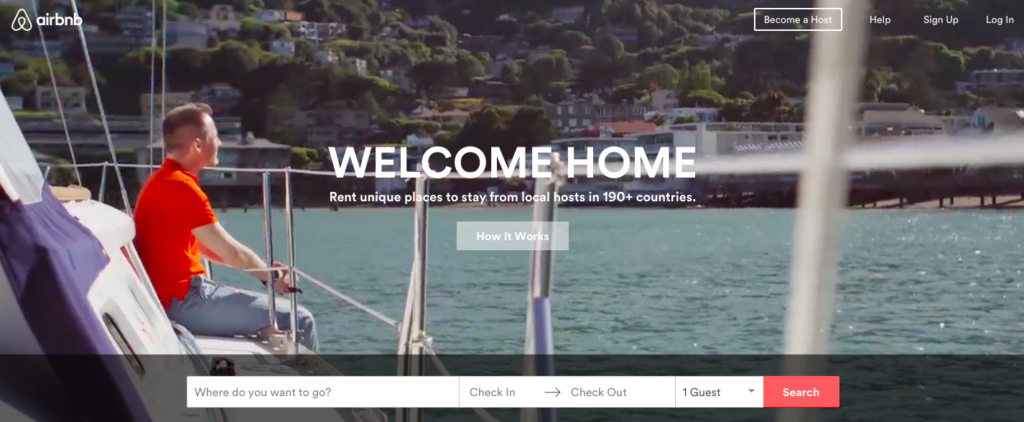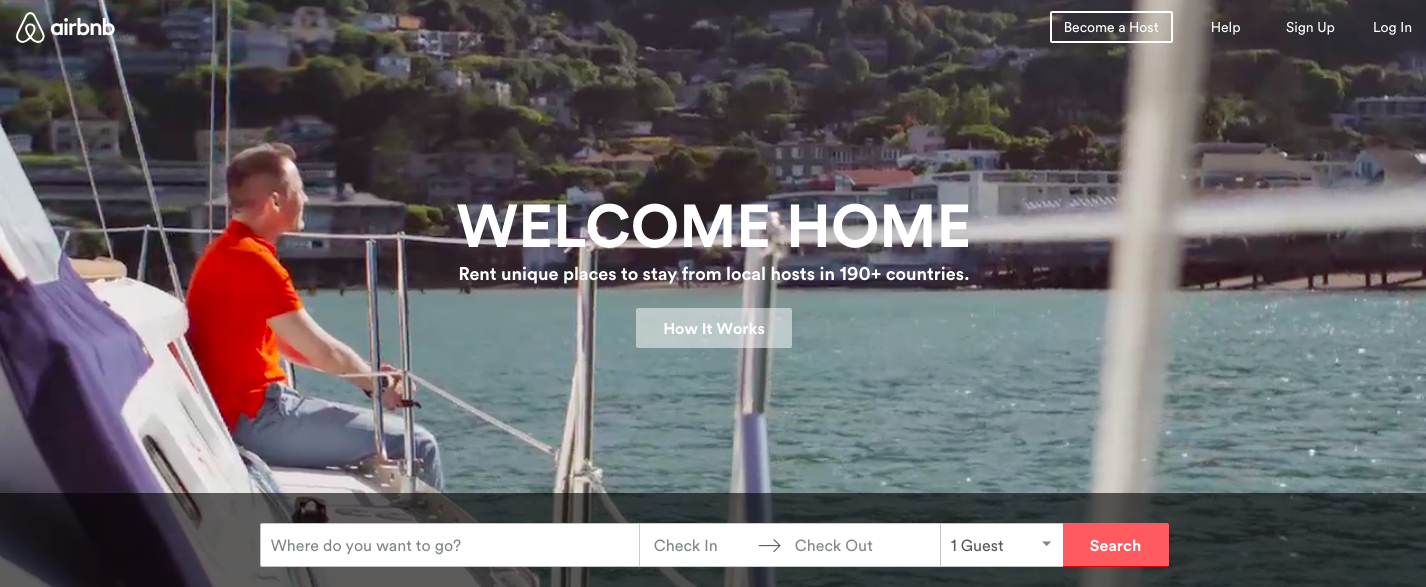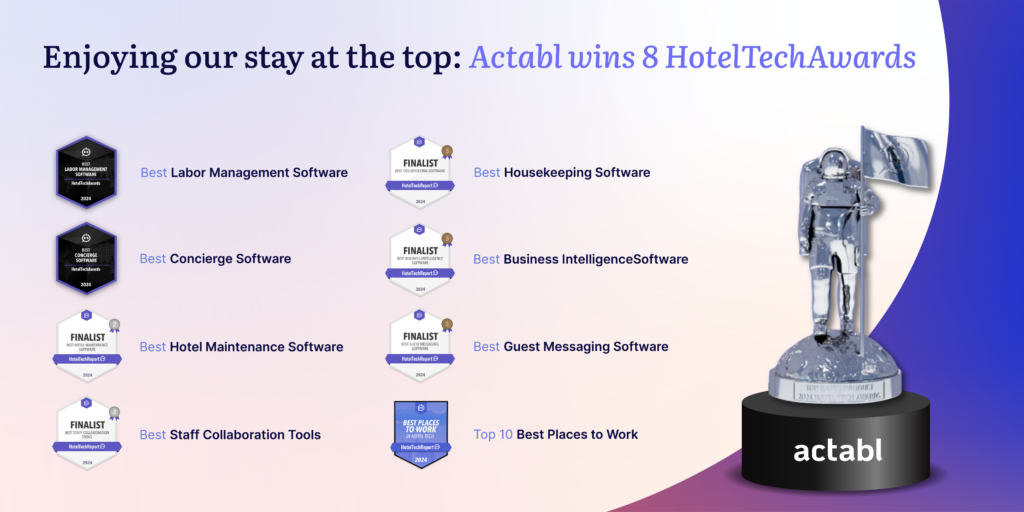
How Likely is it that Airbnb will have an Economic Impact on the Hotel Industry?
It’s no longer a question of whether or not Airbnb will have an economic impact on the industry, but rather, how large the impact will be.
Read more:
Newsletter #17: Where Beyoncé stayed for the Super Bowl
Newsletter #16: The Airbnb Opportunity
Newsletter #10: Concierge Beware, Airbnb Launches Experiences Service
Full answer to this question published to Quora on 2/11/2016.
Given all of the recent coverage on the matter, it would seem that it’s no longer a question of whether or not Airbnb will have an economic impact on the industry, but rather, how large the impact will be. A recent article by The Financial Times claimed that in 2015, Airbnb claimed almost $1Bn in disruption revenues.
However, as is the case with any hot topic, it’s rarely that simple. Over the last few months, the discussion has intensified as a number of reports have surfaced on both sides of the debate. Because we believe it’s important to form your own opinion on the matter, rather than simply list out facts, we highlighted the major players and supporting sources that have emerged over the last few months.

October, 2015: HVS Consulting & Valuation publishes a study that concludes that “Airbnb’s operations had a negative impact of $2.1 billion on the lodging industry and the broader economy of New York City over the course of the last year.” (Read more: PR Newswire.)
January, 2016: AH&LA funds a report by Penn State University that finds that nearly 30% ($378 million) of Airbnb’s revenue in 12 of the nation’s largest metropolitan statistical areas came from “illegal” hotels, operating outside the regulatory framework of normal hotels, and placing traditional hotels at a competitive disadvantage. (Read more: HospitalityNet)
January 2016: A report published by Boston University claims that “a 10% increase in Airbnb supply results in a 0.35% decrease in hotel room revenue, which translates into a 13% impact on revenue in Austin, Texas, which is home to the highest Airbnb supply.” (Read more: TheStreet.)
February, 2016: CBRE publishes a report, in which its senior managing director claims that “For existing hotels, the growth of average daily rates will most likely be curtailed. The fluid nature of Airbnb’s supply suggests that traditional hotel’s historic price premiums realized during peak demand periods will be mitigated. The other impact may be on new hotel construction. Airbnb may be an impediment to traditional hotel construction and could reduce traditional hotel supply growth in many markets.” (Read more: Successful Meetings & Skift.)
February, 2016: An STR report concludes that, “There appears to be no direct, statistical evidence suggesting Airbnb units and hotel rooms compete consistently for the same traveler.” The report argues that given its pricing, most of Airbnb’s Manhattan supply competes with a relatively small slice of the Manhattan hotel market. Further, the majority of its guests, who stay long enough to fall into the “extended stay” category, represent a consumer class that the city’s hotel industry has largely ignored, making up just four percent of the city’s hotel rooms. (Read more: The Real Deal.)
[Update] February, 2016: A recent report by Inside Airbnb, claims Airbnb “misled the media and the public” when it published a snapshot of New York City listings as of November 17, 2015. By removing 1,000 “Entire Home” listings from its site right before publishing the report, Airbnb claimed only 10% of Entire Homes listings belonged to hosts with multiple listings – when the real number was in fact closer to 19% – and that “95% of our entire home hosts share only one listing” – a claim which was only true for less than two weeks of the year. (Read more: The New York Times.)
Here at ALICE, we’ve always wondered what it might look like to analyze the impact on the industry by price point, by geographic region and by demographic. Is Airbnb attracting Millennials more than Boomers? Cities more than suburbs? What hotel segments are taking the biggest hit? Which feel the most secure? Over the next few months, as Airbnb continues to gain momentum, we expect more data to surface on either side of the argument, and are looking forward to following this story very closely.
Read more:
Newsletter #17: Where Beyoncé stayed for the Super Bowl
Newsletter #16: The Airbnb Opportunity
Newsletter #10: Concierge Beware, Airbnb Launches Experiences Service







